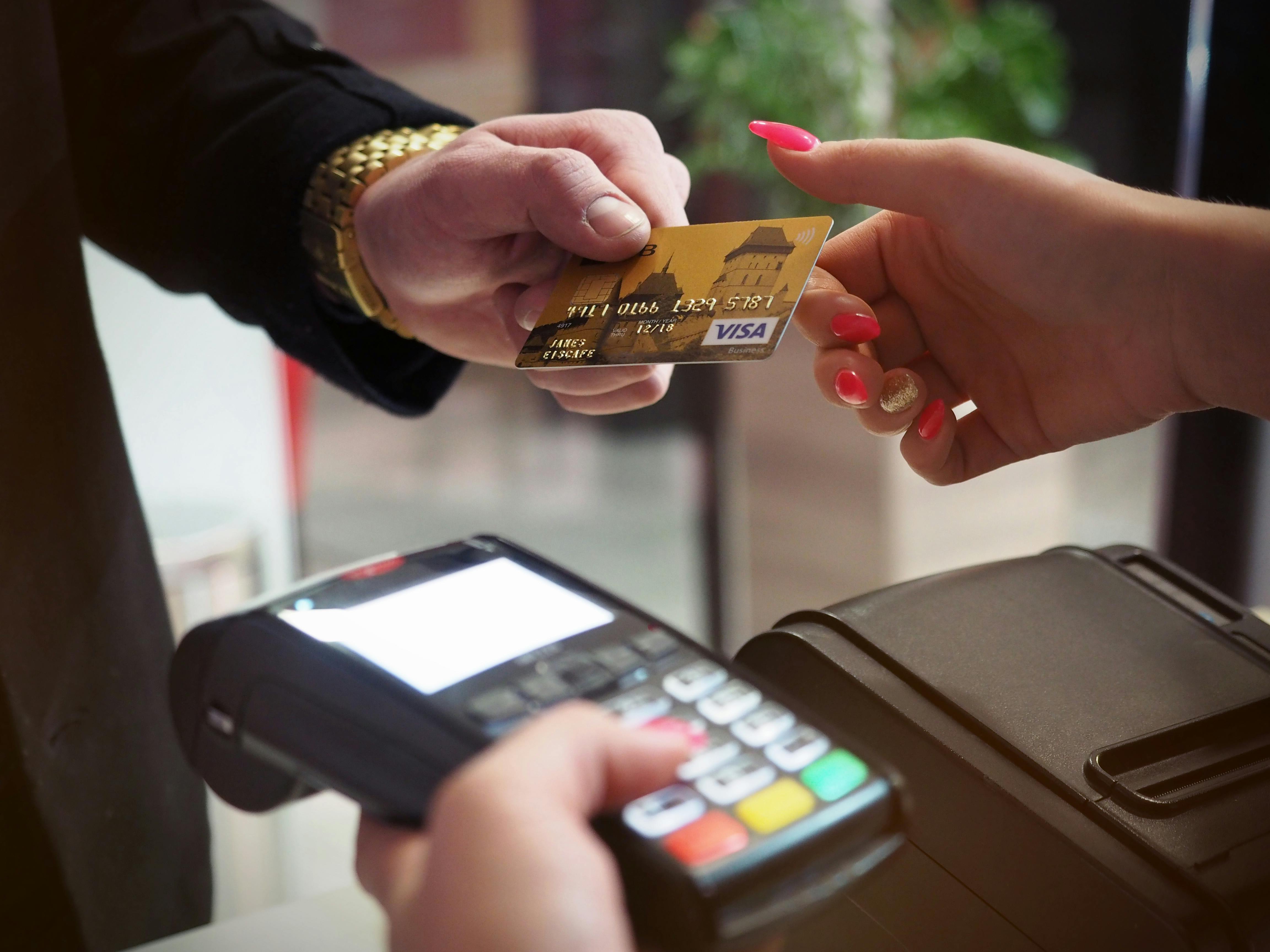In a world increasingly reliant on digital finance, learning how to invest in cryptocurrency can broaden your financial horizons, even if you’re under 18. This article will be your guide as it explains various elements of the crypto universe, such as buying Luna crypto or Tiger King Coin crypto, shorting crypto on Coinbase, understanding APY in crypto, etc. It also covers more detailed aspects, like how to get involved with a crypto pump and how to stake with polygon matic. Additionally, it demystifies crypto jargon such as crypto whale, spot trading, and the concept of pegging in crypto. From comprehending the legality of investing under 18, determining crypto-friendly banks, or transferring your crypto assets, to dealing with the paradigm of crypto billionaires dying, you’ll find it all here. So let’s get started and enrich your knowledge about crypto investing.

Understanding the Basics of Cryptocurrency
What is cryptocurrency and how does it function?
Cryptocurrency refers to digital or virtual currency that uses cryptography for security. Unlike traditional currencies like dollars or euros, cryptocurrency doesn’t exist in the physical world – it only exists online. It functions on a technology called blockchain, which is a decentralized system that records all transactions across many computers. These transactions are transparent and can’t be altered or deleted. Notable examples of cryptocurrencies include Bitcoin, Ethereum, and Ripple among others.
The legal age requirements for investing in cryptocurrency
Just like with traditional investing, there’s a legal age requirement for getting into cryptocurrency. In most countries, you must be 18 years old or older to open a crypto exchange account or digital wallet. However, it’s vital to check local regulations as these may vary.
Understanding blockchain technology and its role in crypto
Blockchain is a core part of how cryptocurrency functions. It’s essentially a digital ledger of transactions that is transparent and secure. When you make a transaction with cryptocurrency, it’s added to the blockchain, so every user can see it. This transparency helps to prevent fraudulent activities and counterfeiting.
Engaging with Crypto Communities and Education
Leveraging social platforms to learn about crypto
It’s never been easier to learn about cryptocurrency with the advent of social media. Platforms like Twitter, Reddit, and Facebook have dedicated communities where you can learn the basics, get the latest news, or discuss trends and predictions. Plus, it opens doors to connect with crypto enthusiasts from all over the world.
Joining online forums and discussions about crypto investments
Apart from social media, other online forums and discussions can prove invaluable as well. Sites like Bitcointalk.org or Cryptocompare offer deep dives into various cryptocurrencies and host discussions about investment strategies.
Attending crypto webinars and virtual trainings
Crypto webinars and virtual training sessions can offer structured learning opportunities. Many of these are hosted by experienced crypto investors or financial institutions, providing insights into the volatile world of cryptocurrency.

Exploring Investment Methods
Understanding spot trading and its implications
Spot trading in the crypto world involves buying or selling a cryptocurrency for immediate delivery on a specified spot date. It tends to be straightforward and less risky compared to other trading methods like futures trading or margin trading, but it’s also subject to market volatility.
How to buy and sell crypto without direct ownership
If you’re interested in crypto but don’t necessarily want the responsibility of storing it, you can consider investing in crypto without direct ownership. This can be through crypto index funds or trusts, crypto-related stocks, or even derivatives like futures and options.
Purchasing cryptocurrency gift cards or certificates
Another way to invest in crypto under 18 is by acquiring cryptocurrency gift cards or certificates, which can then be redeemed for a particular amount of a given cryptocurrency. This option might be viable, albeit less common.
Assessing Risks and Responsibilities
The volatility of cryptocurrency markets
Before diving into the world of crypto, it’s crucial you understand its risks. Cryptocurrency is known for its intense price swings, which can lead to substantial investment losses. Despite the potential rewards, it’s paramount you invest only what you’re willing to lose.
Ensuring secure transactions and protecting investments
Security is a major concern in the crypto world. You need to ensure your investments are safe, whether that’s achieved through using secure exchanges, enabling two-factor authentication, or simply being aware of scams.
Responsibility of managing digital wallets and keys
Owning crypto also means managing digital wallets and keys. A digital wallet is where you store your crypto, akin to a bank account. Losing access to this wallet, such as forgetting the password (private key), can mean losing your entire investment.

Parental Guidance and Consent
The importance of parental consent for underage investing
Before investing in cryptocurrency as a minor, it’s essential to have the consent of your parents or guardians. They can provide practical advice and support, especially if they are financially savvy.
How to approach guardians about crypto investing interests
Approaching your guardians about your interest in cryptocurrencies may seem challenging. When doing so, communicate clearly about your interest and what you’ve learned so far about its pros and cons.
Setting up joint accounts with parental supervision
If your parents consent to you investing in cryptocurrency, a joint account can be a useful tool. All transactions must be approved by both parties, which means underage investors can benefit from the financial experience of their parents while learning the ropes.
Indirect Investment Opportunities
Investing in crypto-related stocks or ETFs
Cryptocurrency isn’t the only way to get exposure to this market. Parents can consider investing in crypto-related stocks or exchange-traded funds (ETFs). Companies that manufacture hardware for mining or other crypto-related services can be a less risky investment option.
Crowdfunding platforms that include crypto projects
Sites like Kickstarter or GoFundMe now host several blockchain projects. These platforms allow users to support selected projects by purchasing equity or developmental goals. It’s a great way to support the ecosystem while investing.
Participating in blockchain startup incubators
Underage enthusiasts can also explore participating in blockchain startup incubators. Here, you get a valuable opportunity to contribute to developmental processes, learn, and potentially earn some crypto.

Platforms that Cater to Underage Investors
Understanding which platforms allow under-18 investments
There are limited platforms that allow investments from those under 18. But, with parental consent, platforms like Bitsane, Cex.io, and Bitpanda are open to underage users.
How to use educational accounts with mock crypto trading
For starters, educational accounts with mock crypto trading come handy. They offer virtual trading experiences wherein you can trade mock assets. This provides risk-free exposure to crypto trading.
Exploring decentralized exchanges (DEXs)
Decentralized exchanges or DEXs are another avenue to explore. DEXs allow for direct peer-to-peer trades between users, bypassing middlemen. Some DEXs provide less stringent age restrictions though, it is essential to understand the risks and technicalities.
Legal and Regulatory Considerations
Global variations in crypto regulations for minors
Digital currency laws vary globally. It’s important to keep abreast of your local or state regulations to ensure your crypto activities are above board.
Compliance with KYC and AML rules as a minor
Know Your Customer (KYC) and Anti-Money Laundering (AML) rules are essential regulations in the financial world. Therefore, even as a minor, you might need to provide personal data to comply with these requirements on platforms that allow underage users.
Tax implications of crypto investing for those under 18
Riding on the wave of digital currencies, tax authorities have started recognizing cryptocurrencies. Consequently, crypto earnings could be subject to taxes. Be sure to familiarize yourself with your local tax laws concerning cryptocurrencies.
Earning cryptocurrency
Mining cryptocurrency as a minor
Mining refers to the process of creating new units of a cryptocurrency. It requires adding new transactions to the blockchain. As a minor, you can either join a mining pool or try solo mining if you have access to powerful hardware.
Crypto faucets: earning small amounts of crypto for tasks
Crypto faucets are a great way to earn small amounts of cryptocurrencies for completing simple tasks. These tasks usually involve filling out surveys or watching advertisements.
Participating in airdrops and giveaways
Crypto projects often run airdrops and giveaways. They provide free tokens to promote their project. It’s a simple and intuitive way to earn some crypto while learning about new projects.
Preparing for Financial Independence
Educating oneself on financial literacy
Investing at a young age requires basic financial literacy. Understanding complex concepts like risk management, diversification, tax, and the principles of investment will pave the path towards financial independence.
The importance of diversification in investing
Putting all your eggs in one basket isn’t wise in investing. It’s essential to diversify your investments to spread risks. Investing in a single cryptocurrency can be dangerous. Hence, consider a blend of assets like stocks, ETFs, or bonds along with cryptocurrencies.
Mindful investing: avoiding scams and dubious schemes
The crypto industry is rife with scams and dubious schemes. Always remember, if something sounds too good to be true, it probably is. Don’t get lured into schemes promising sky-high returns in a short span. Always scrutinize information well before investing.